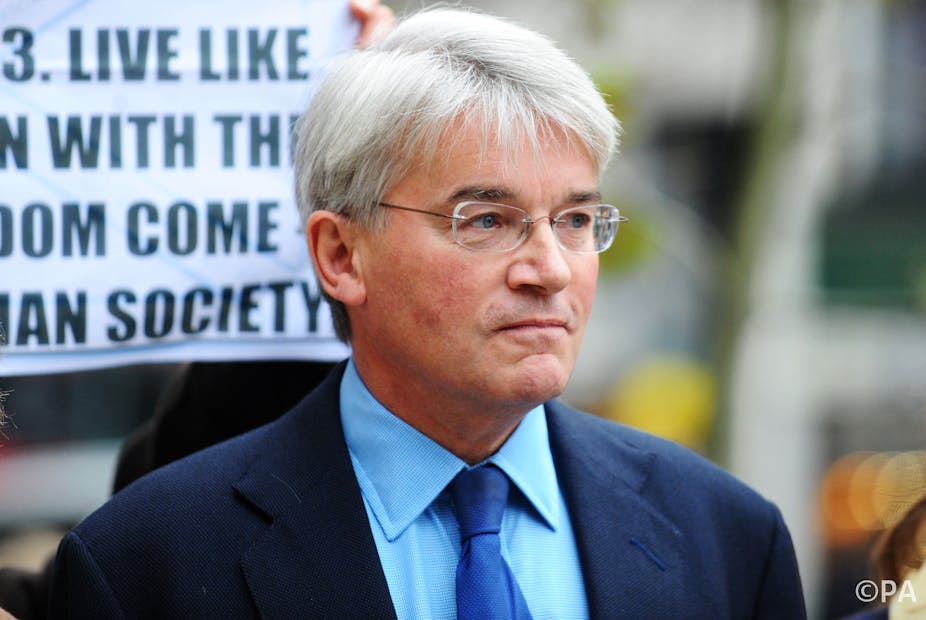In his ruling on the libel claim brought to the high court by former Conservative whip Andrew Mitchell, Justice John Mitting has brought an end to one of the longest-running and least edifying disputes in the history of modern British policing.
“I am satisfied at least on the balance of probabilities that Mr Mitchell did speak the words alleged or something so close to them as to amount to the same including the politically toxic word pleb,” Witting pronounced as he ruled against Mitchell in his dispute with The Sun.
The case that quickly became known as “plebgate” (gategate failed to stick) revolved around conflicting accounts of what happened when police officers on the security detail at 10 Downing Street refused to allow Mitchell to exit with his bicycle via the main gates.
Venom
Mitchell admitted losing his temper but denied referring to an officer as a “fucking pleb”. The altercation with the officers was leaked to The Sun and reported at length in September 2012. It was a story that refused to go away and the Police Federation became a particularly vocal critic. Within a month, Mitchell was forced to resign his job in government.
The subsequent release of video footage of Downing Street on the evening of the incident threw the police’s account into question.
Claims by three members of the Police Federation that Mitchell had failed to offer an account of his behaviour when they met him at his constituency office were then undermined when a recording of the meeting was released.
But plebgate was never just a war of words. It raised serious concerns about the conduct and trustworthiness of the police service, and suspicion quickly grew that Mitchell had indeed been “stitched up” as he claimed.
Vengeance
Toward the end of 2012, the Metropolitan Police announced a full investigation into the affair. The subsequent fall out saw several police officers sacked for misconduct in public office. Some were sanctioned for leaking information to the press and one was jailed for writing to his MP (also the Deputy Whip), falsely presenting himself as a member of the public offering an eyewitness account of the dispute between Mitchell and the officers.
Apparently emboldened, Mitchell then started proceedings against The Sun for reporting on the case. In the meantime, though, Toby Rowland, the police officer who claimed to have been sworn at by Mitchell, was not only sticking by his story but, aggrieved at claims he had lied, sought to sue Mitchell for libel.
All of this led to the High Court’s decision. Justice Mitting found against Mitchell, and described PC Rowland as “not the sort of man who would have had the wit, imagination or inclination to invent on the spur of the moment an account of what a senior politician had said to him in temper.”
Indeed, it is perhaps only PC Rowland who has come out of this with his reputation intact.
Obsession
Of course, why there was ever a dispute over using one gate rather than another, or whether or not the word “pleb” was uttered in anger, will be utterly bewildering to anyone unfamiliar with British politics or the British obsession with social class.
But don’t forget that this saga also took place under a government determined to force through radical reform of policing, and quite prepared to risk the wrath of the Police Federation in seeing through austerity measures that included substantial changes to pensions and other conditions of employment.
Into the foreground cycled the figure of the government’s public school and Oxbridge-educated chief whip, loudly and arrogantly implying that police officers were not only his social inferiors, but that by virtue of his superiority, they should do whatever he told them.
And as Mr Mitchell has learned, in British public life the use of terms such as “pleb” is toxic beyond words.

